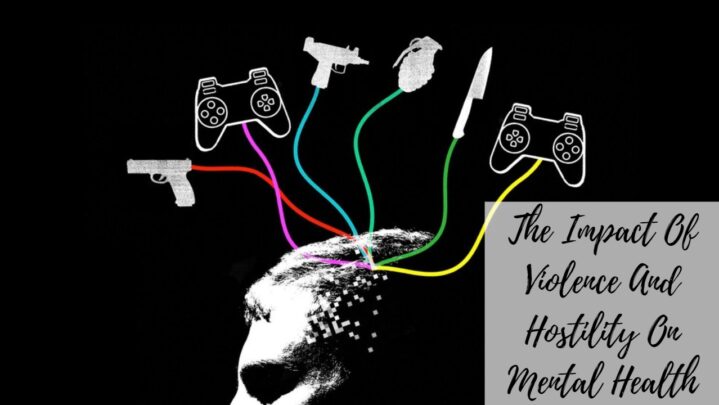Dread and anxiety: Exposure to violence may cause fear and anxiety, which can have long-term consequences for one’s mental health.
Victims of assault frequently feel powerless and hopeless, which can contribute to melancholy.
Post-traumatic stress disorder (PTSD): Being exposed to violence can result in PTSD, a condition that can last for years after the violence has stopped.
Substance abuse: To cope with their trauma, victims of violence may turn to substance misuse.
Repeated exposure to violence and antagonism can also have a cumulative effect, leading to progressively severe mental health problems. This is especially true for those subjected to violence over a long period or in numerous forms, such as marital abuse, bullying, or communal violence.
It’s also worth noting that the consequences of violence and antagonism can spread beyond those who are immediately impacted. For example, family members and acquaintances of victims may suffer from mental health issues due to their loved one’s tragedy.
To summarize, violence and hostility may have a severe and long-lasting influence on mental health, and it is critical for those impacted by violence to seek treatment and support. Governments and communities must also collaborate to minimize violence and promote peace, which will help to mitigate the harmful impact on mental health.
Also Read: Why Do People Commit Suicide?





